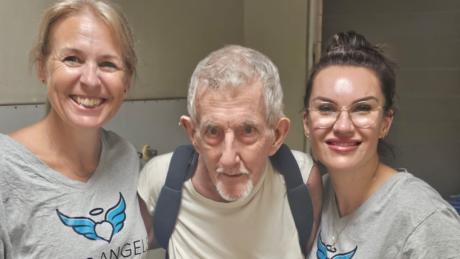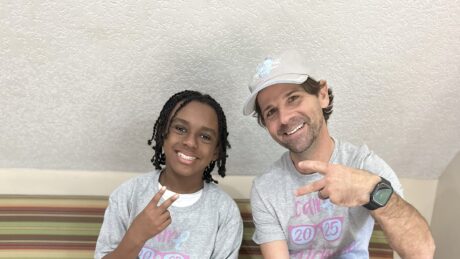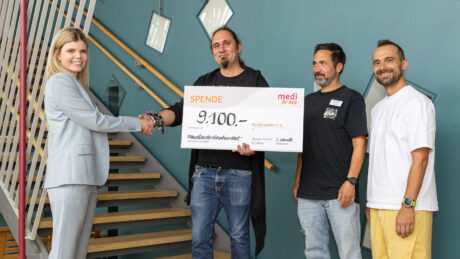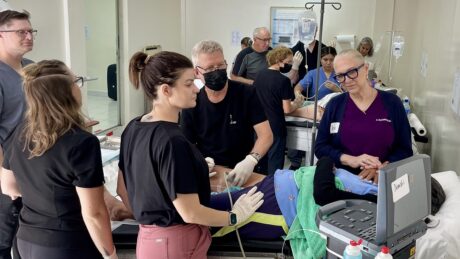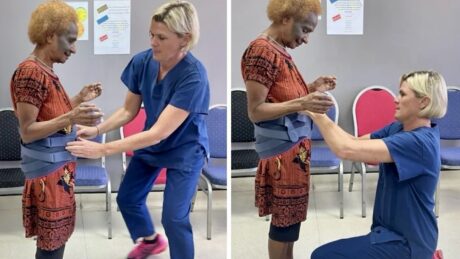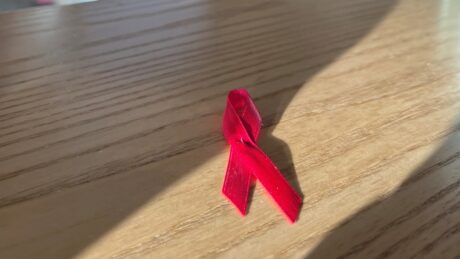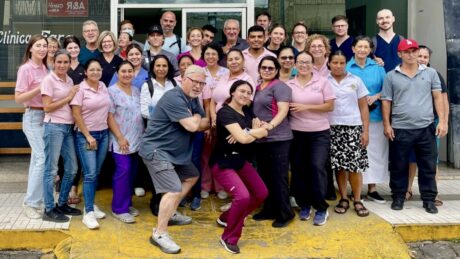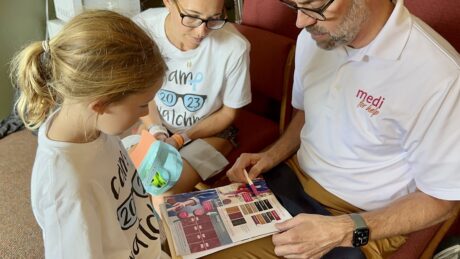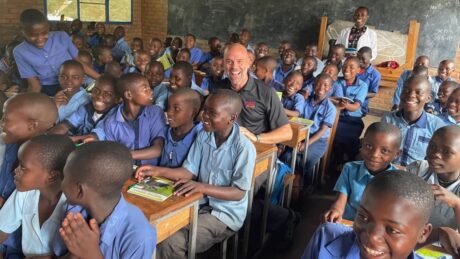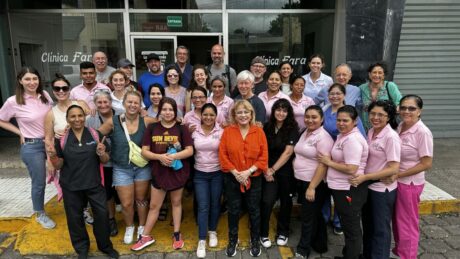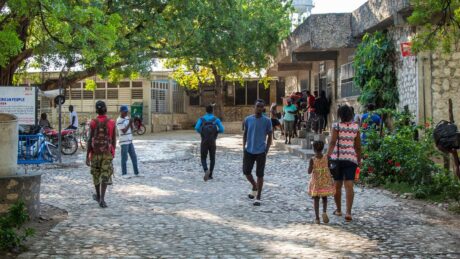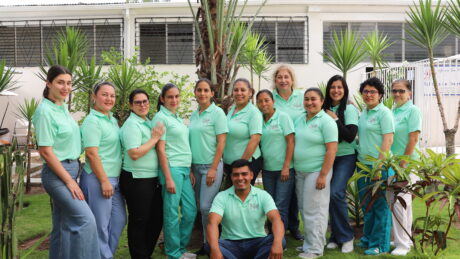
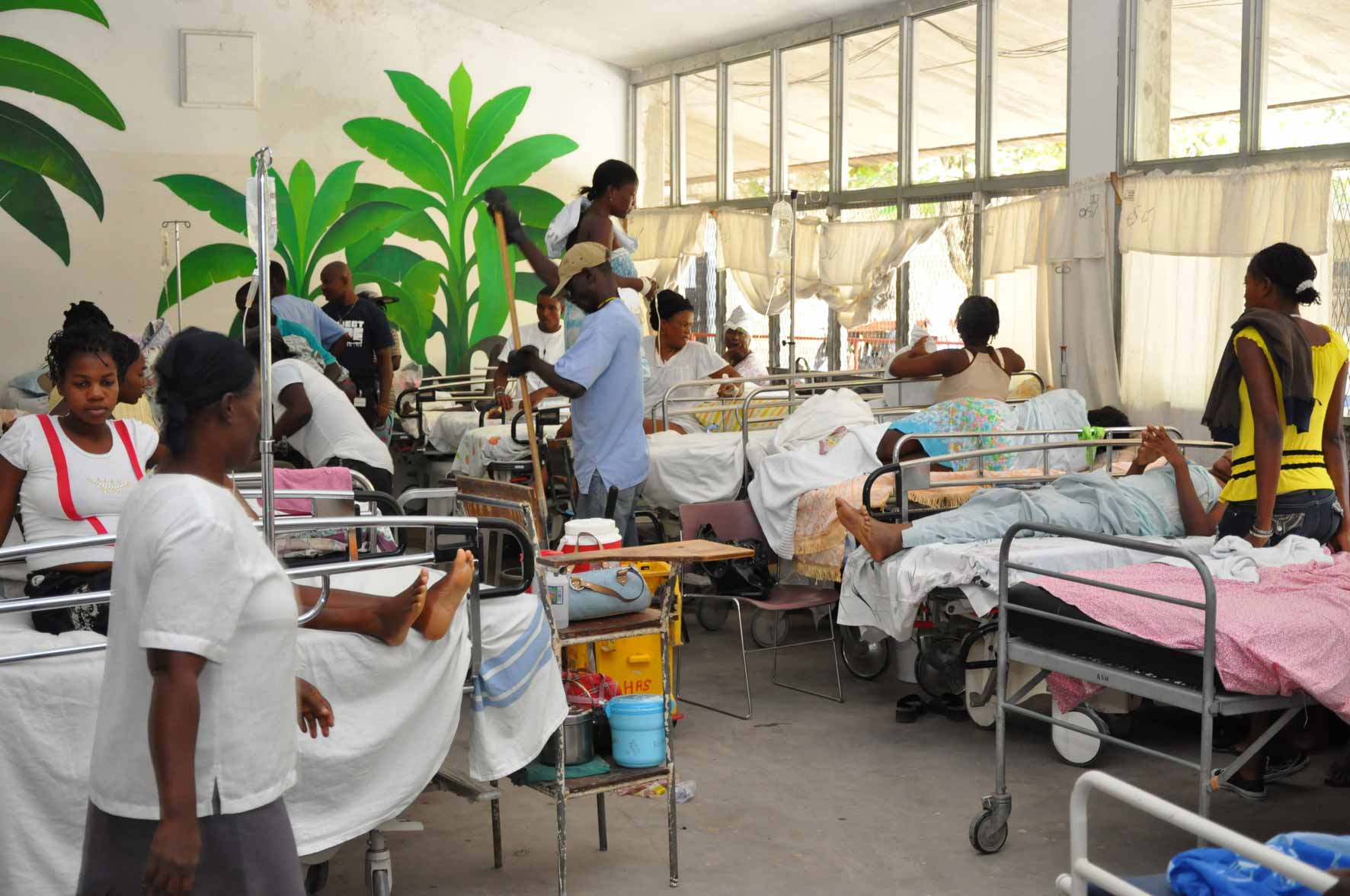
medi for help is currently active in Haiti, India, Nicaragua, Rwanda and the USA.
We maintain close partnerships with local healthcare providers and value our good and trusting cooperation. Only by working together can we successfully advance patient care.
We ensure that our partners also operate in the non-profit sector, are established locally and have experience in our core areas of expertise.
We make sure that our partners also operate in the non-profit sector,
are established locally and have experience in our core areas of expertise.
Hôpital Albert Schweitzer (HAS) in Deschapelles, Haiti
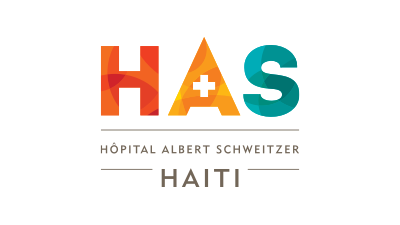
The hospital, which has over 400 mainly Haitian employees, focuses on obstetrics, malnutrition and surgery. It is the only full-service hospital that has served more than 350,000 people since its inception. Approximately 2,300 patients are treated each month.
Activities
Since the medi for help supply centre was established, over 6,000 Haitians have been treated, over 1,500 new orthoses have been provided and more than 650 adjustments have been made. In cooperation with a local partner, for example, an off-road vehicle was purchased to serve as a ‘mobile clinic’ for patients from more remote regions. The establishment of a second workshop in Port-au-Prince is also a great relief for the capital’s residents, who previously had to travel around three hours to receive treatment. medi for help now also provides compression therapy in Haiti and supports the treatment of chronic wounds and diseases of the lymphatic system. The problem: political unrest, severe weather and a lack of infrastructure in the country make conditions extremely difficult.
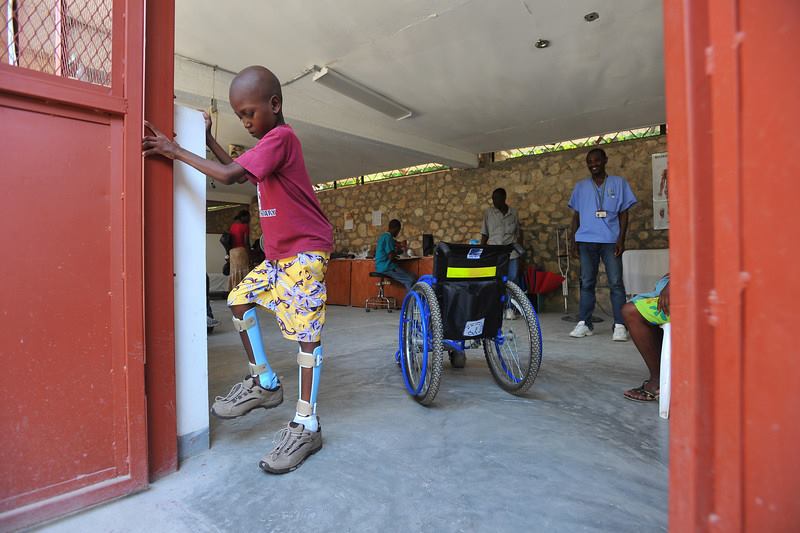
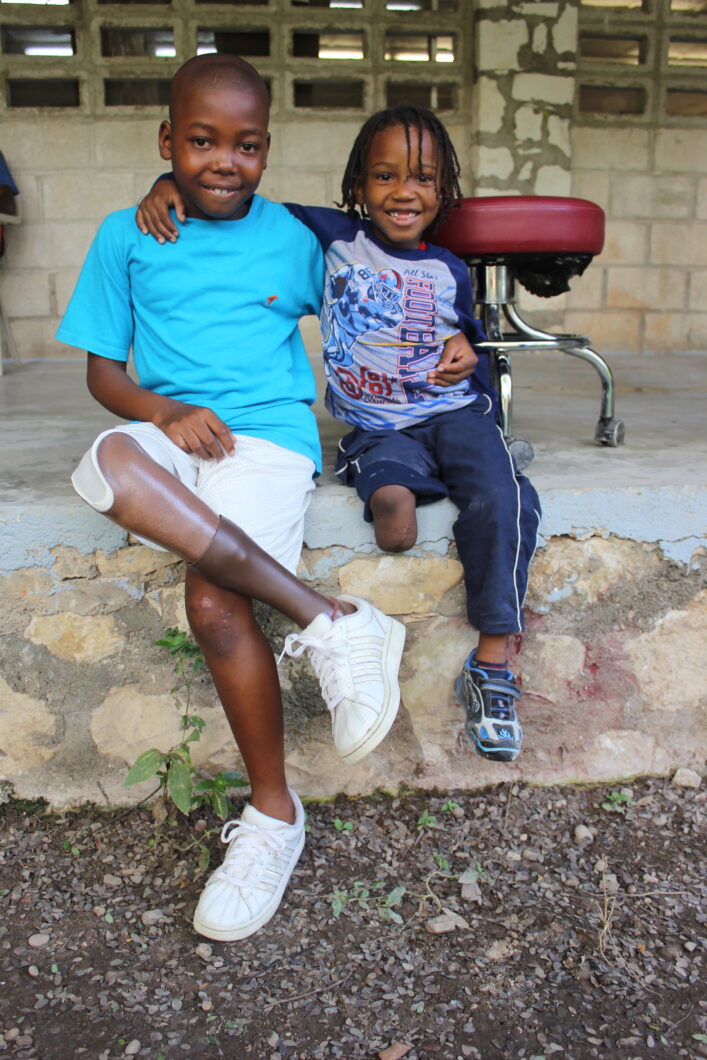
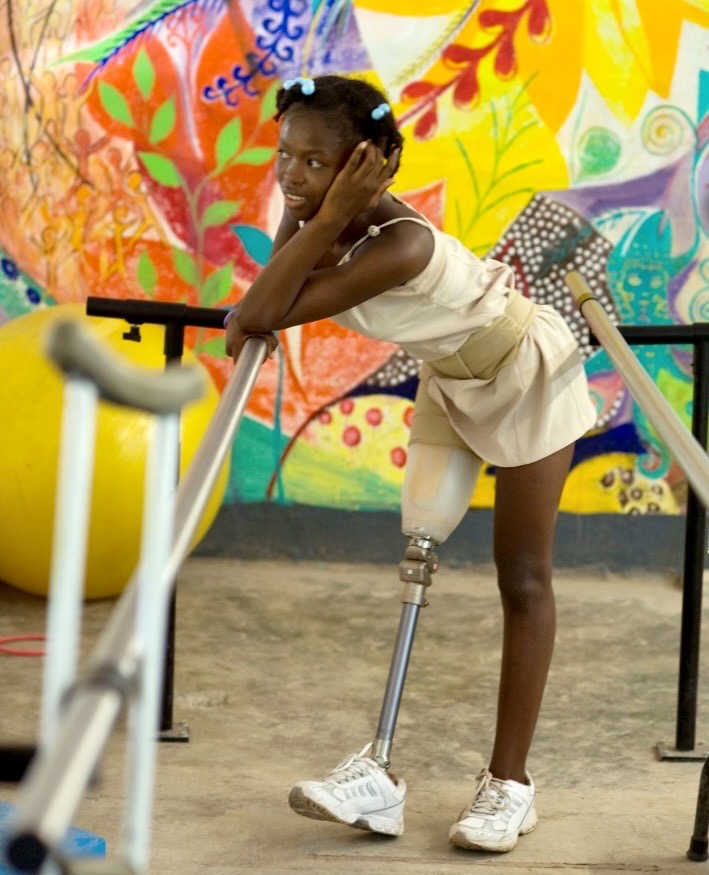
Institute of Applied Dermatology (IAD) in Kasaragod, India
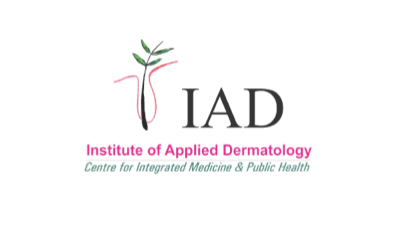
The non-profit research institute Institute of Applied Dermatology (IAD) focuses on the treatment of lymphatic diseases, in particular lymphatic filariasis. Approximately 350 patients are treated each year, 30 percent of whom are emergency cases. The integrative, holistic treatment approach combines bandaging, yoga and Ayurveda. It is complemented by self-management workshops with patients in villages throughout India. 75 percent of paying patients enable free treatment for very poor patients.
Activities
medi for help provides financial support and aids, primarily to ensure that patients who cannot afford treatment receive the care they need.
The coronavirus pandemic presented further challenges for the IAD. In order to enable the payment of staff salaries and thus maintain patient care, medi for help provided additional financial support.
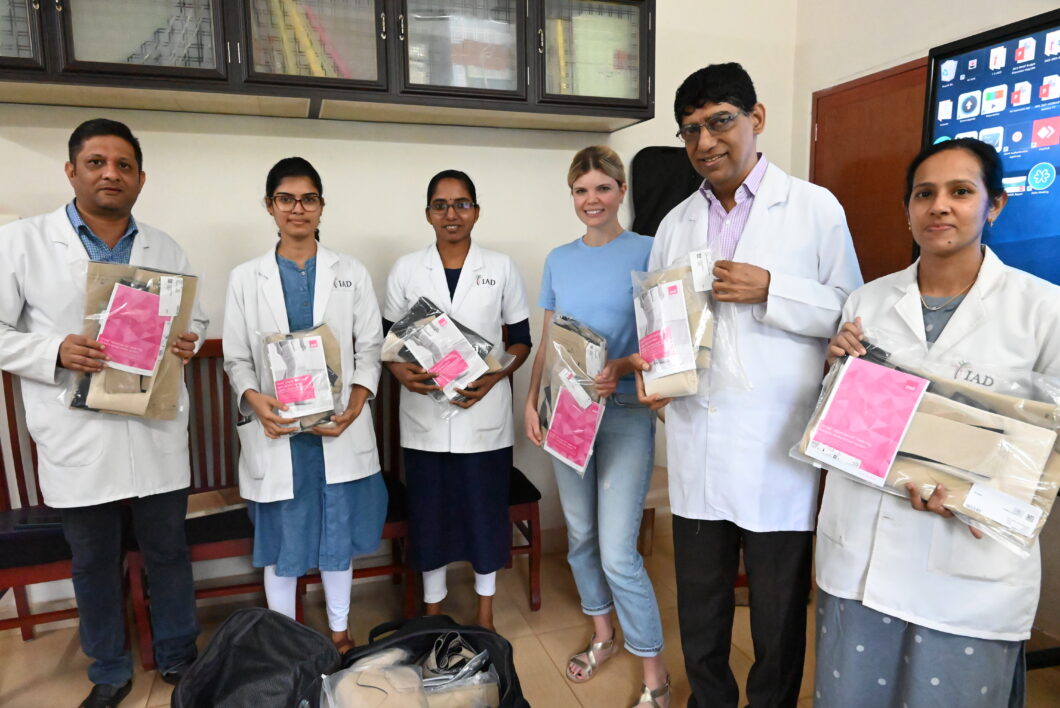
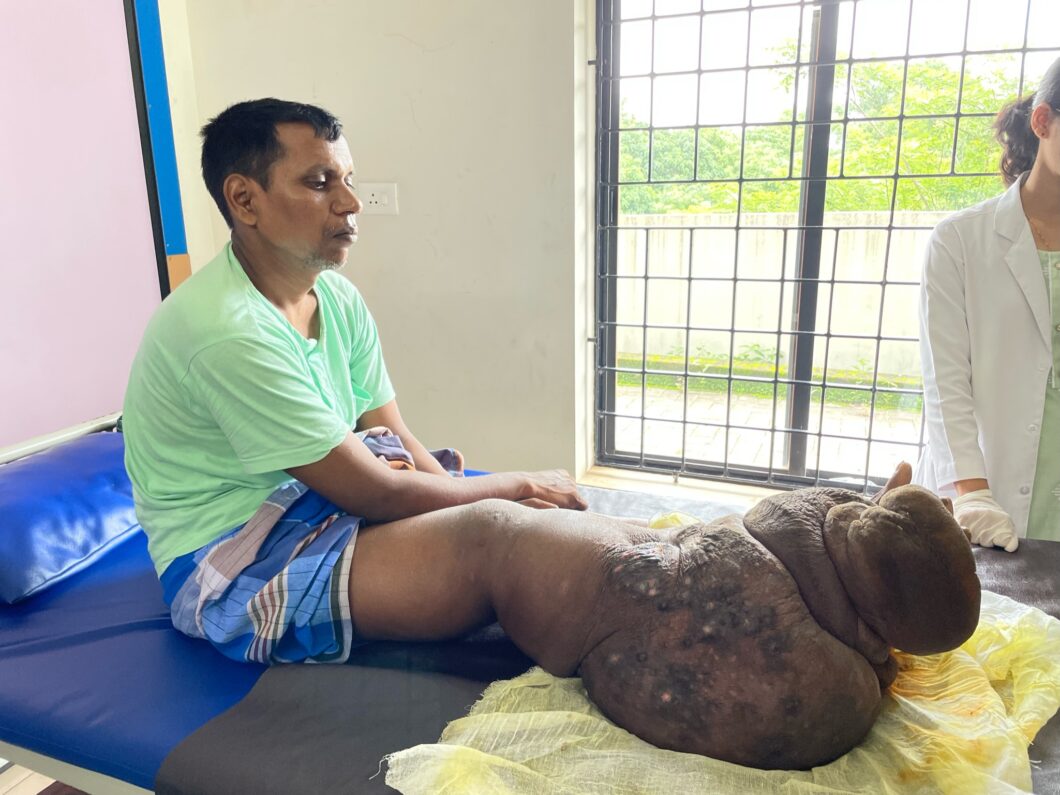
Background information Lymphatic filariasis
Lymphatic filariasis is a widespread disease in tropical regions. The parasite, a threadworm, is transmitted by infected mosquitoes and settles in the lymphatic vessels. Many people become infected with lymphatic filariasis in early childhood. In severe cases, massive swelling of the legs, and sometimes also of the arms and genitals, can occur. This chronic swelling – lymphoedema – requires a hygienic environment and regular skin care to prevent additional bacterial infections. Oedema should be decongested using compression therapy to alleviate the patient’s symptoms. Other components of complex physical decongestive therapy include exercise, self-management and manual lymphatic drainage.
Although approximately 120 million people are affected by lymphatic filariasis, it is considered a neglected tropical disease. Those affected often live in poor tropical regions where access to adequate medical care and hygiene standards is lacking.
Lymphatic filariasis is one of the five most neglected and poverty-related diseases, accounting for around 90 percent of neglected tropical diseases (NTDs). (1)
medi for help consciously addresses this issue in order to help those affected. The physical symptoms can lead to impairments in everyday life and even social exclusion. (1)
Since 2010, medi for help has gained valuable experience in Haiti in treating patients with lymphatic filariasis in a tropical climate. The problem: high poverty in the country, a lack of healthcare system and patients’ shame in seeking help for their condition make treatment difficult.
(1) What are NTDs? Published online at https:// dntds.de/was-sind-ntds.html (last accessed on 04.06.2025).
PNG Angels
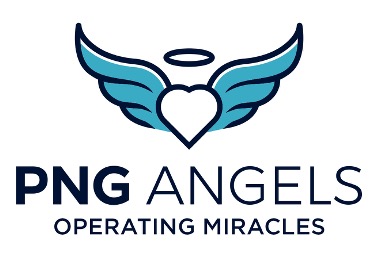
PNG Angels is a charity registered with the Australian Charities & Not-for-profit Commission (ACNC). PNG Angels sends highly qualified medical teams from Australia to Papua New Guinea to provide children and adults with access to life-saving specialist surgery. The charity focuses on training and educating local staff in neurosurgical care in order to build sustainable neurosurgical capacity in the region. While the local teams receive clinical training, the teams sent by PNG Angels, consisting of neurosurgeons, anaesthetists and hospital staff, perform highly complex neurosurgical procedures. PNG Angels also procures clinical equipment.
Activities
medi for help supports PNG Angels with donations of medi products – primarily orthoses and medical compression products. Here, too, the focus is on helping people to help themselves: the PNG Angels team has trained local teams on site in how to fit medi products so that they can do this independently in future.
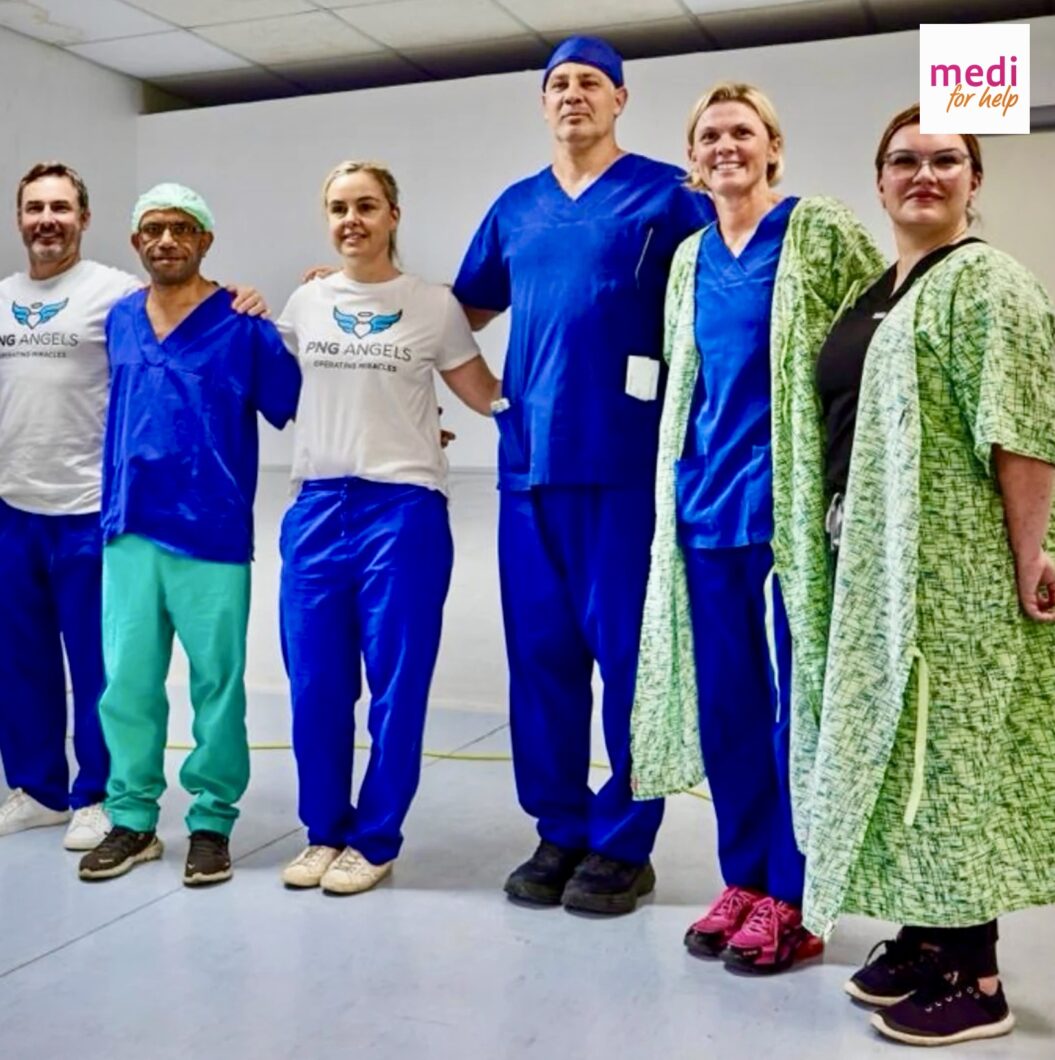
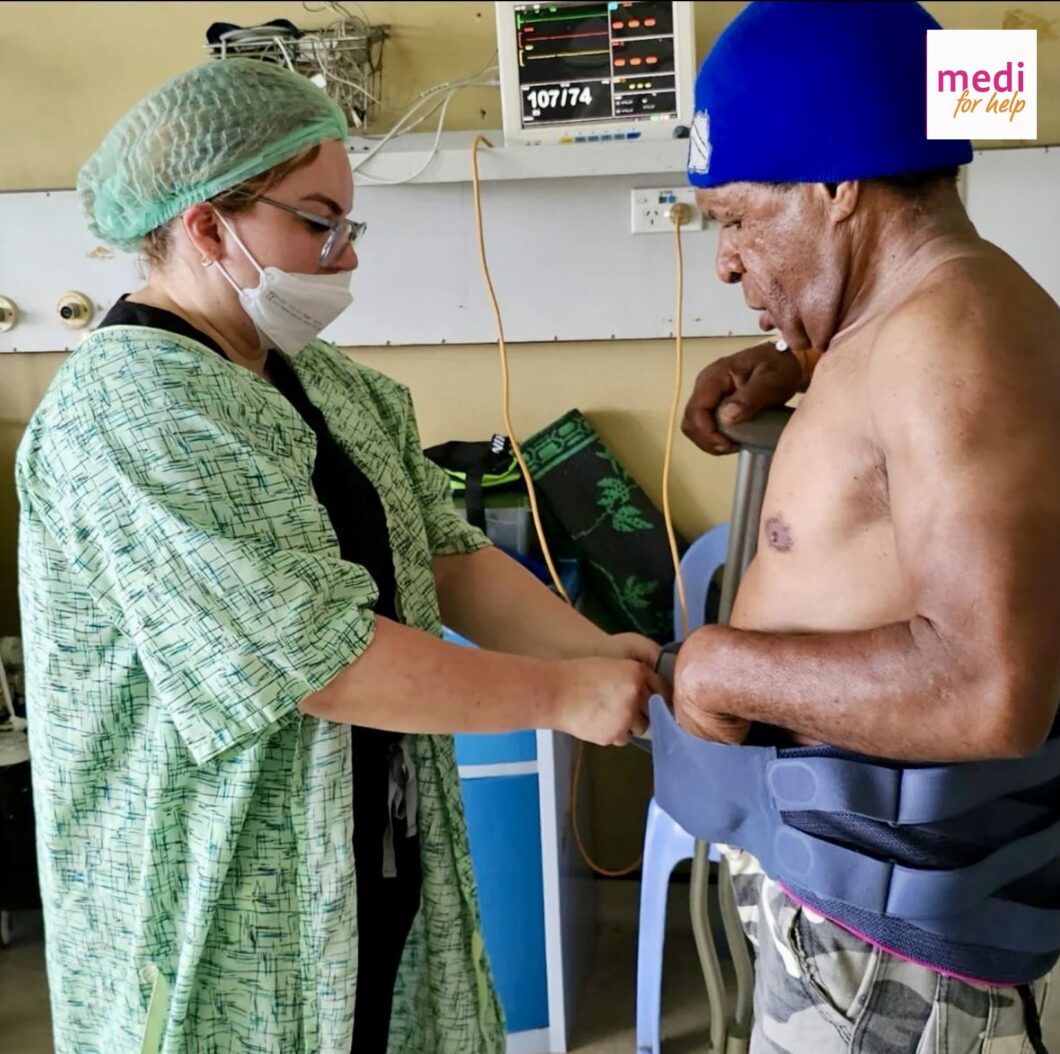
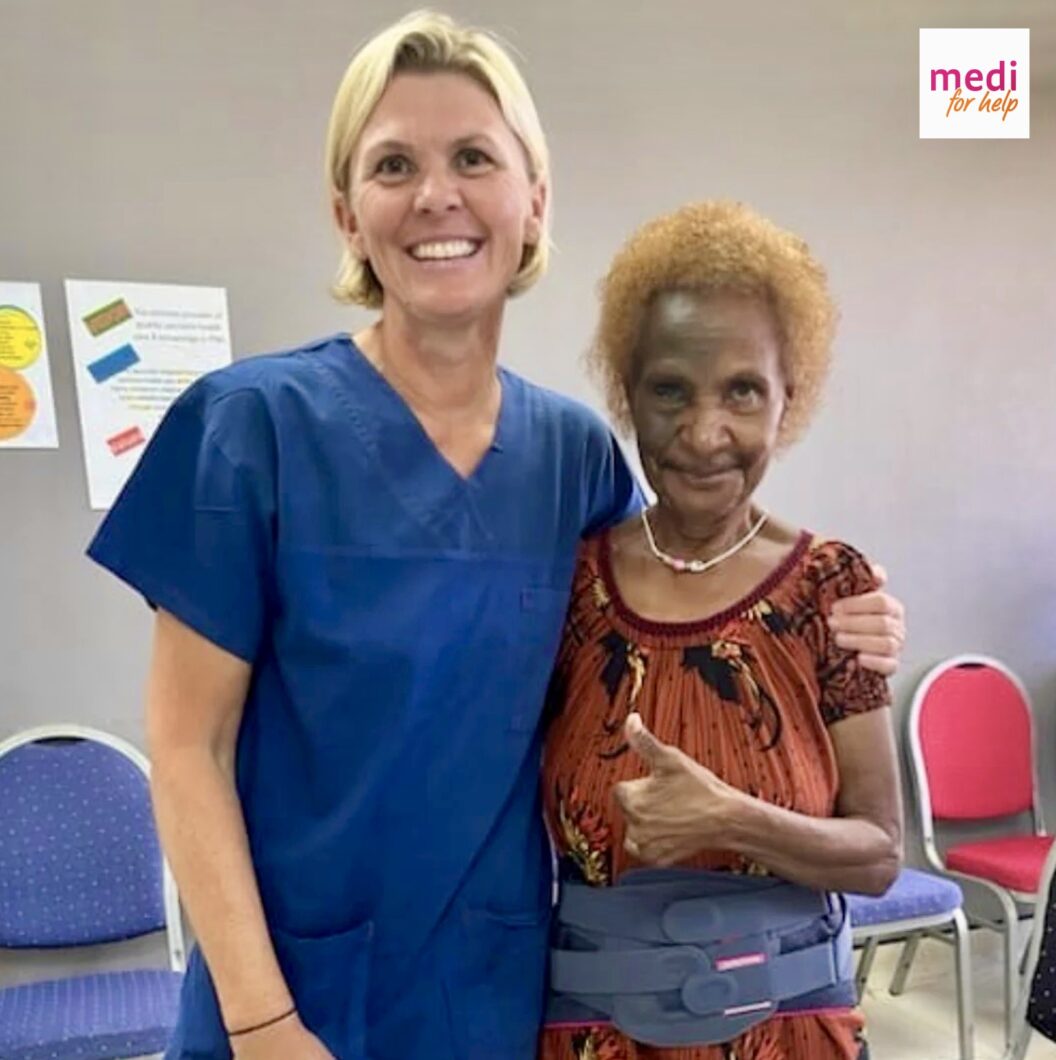
Amigos de Salud
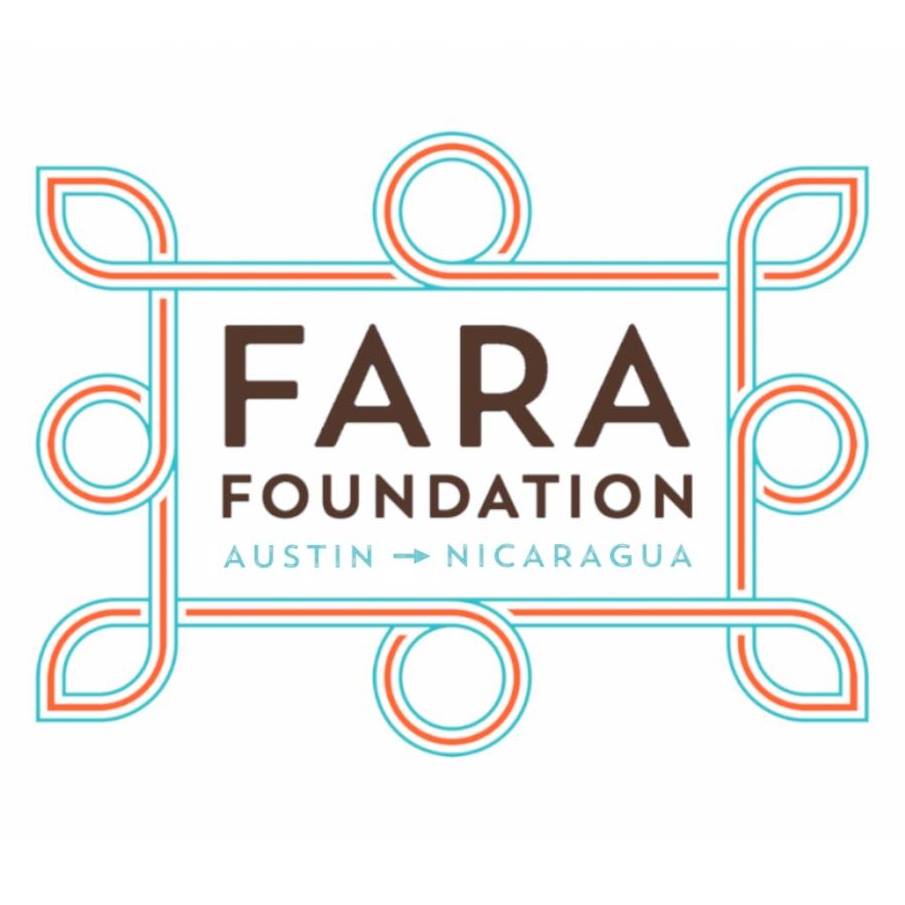
The joint aid programme ‘Amigos de Salud’ initiated by the Fara Foundation (an American non-profit organisation based in Austin, Texas) is dedicated to providing free treatment for patients with vascular diseases in Matagalpa, Nicaragua. It relies on volunteers and medical compression garments to help and provide long-term support to people with vascular diseases who would otherwise be unable to afford healthcare.
Activities
The Amigos de Salud programme takes place once a year at the Fara Clinic in Matagalpa, focusing on vascular and venous diseases. Doctors and therapists from all over the world travel here to operate on and treat patients with venous diseases. Endovascular surgery is performed on the lower extremities and patients receive medical compression therapy postoperatively. The demand is particularly high: patients register for treatment on average a year in advance, and around 400 to 500 patients are treated each week.
medi for help supports the centre with product donations from medi in the areas of compression and wound care. Medical compression therapy is a crucial component in the treatment of vascular diseases, for example after vein surgery and in the treatment of open leg wounds. In addition, medi for help was on site with volunteers from medi USA to provide post-operative support.
Brylan’s Feat Foundation – Hope and support for children with primary lymphoedema
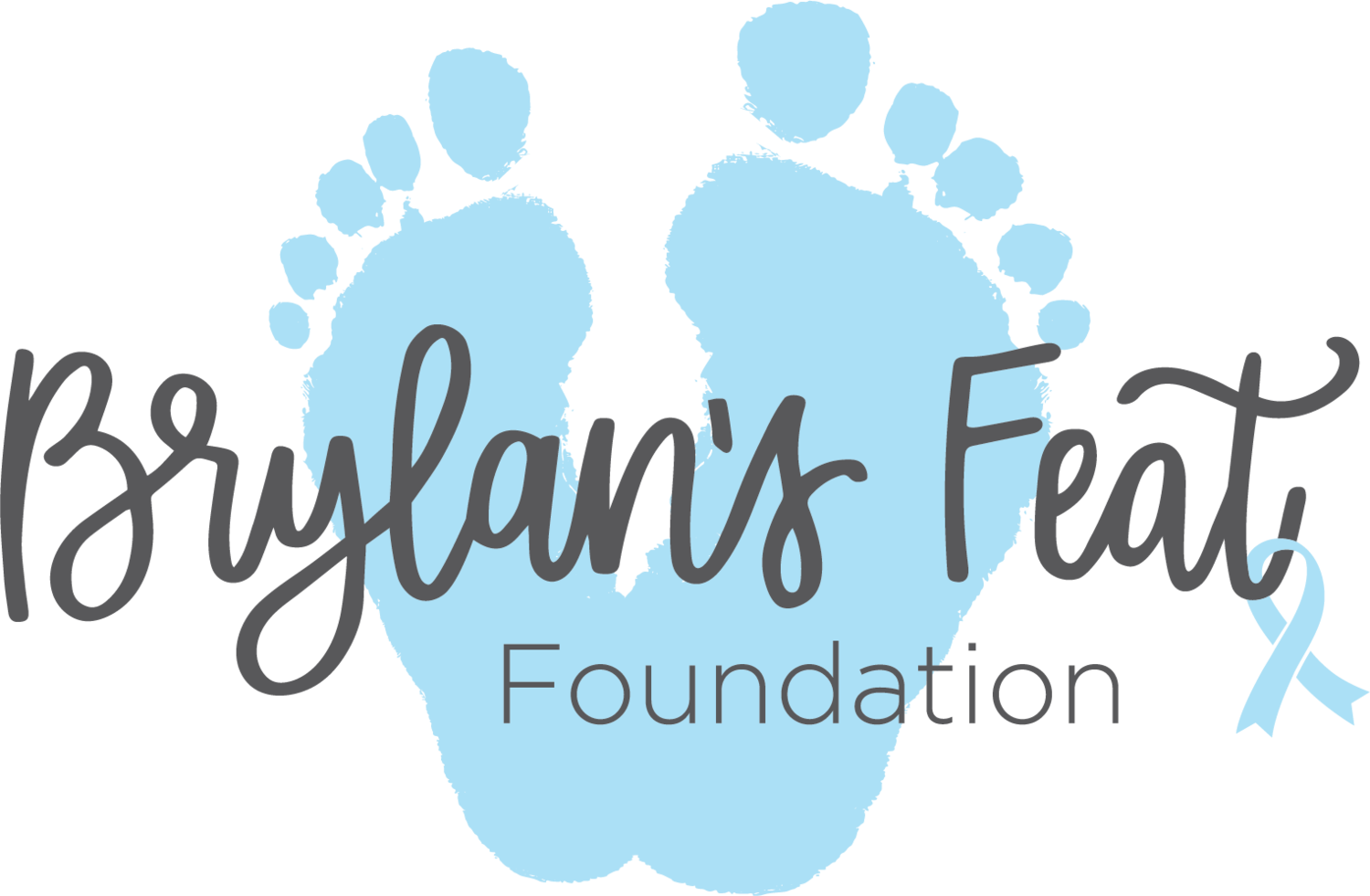
The Brylan’s Feat Foundation’s mission is to provide financial support to children with primary, i.e. congenital, lymphoedema and their families, enabling them to receive treatment. The foundation helps families worldwide who either have no or limited access to healthcare or cannot afford the therapy.
It also aims to raise awareness and provide information about primary lymphoedema in children. In addition to providing direct assistance to affected families, the Brylan’s Feat Foundation is also involved in research, education and international networking to create better treatment options in the long term.
Activities
One of the foundation’s special projects is Camp Watchme, a unique initiative where children with lymphoedema and their families come together with other affected individuals to share experiences and receive medical support. For example, families learn about individualised compression therapy for young patients through close interaction with local experts, ensuring sustainable treatment in everyday life. Camp Watchme focuses not only on the medical aspect, but also on the classic leisure camp experience, with activities such as hiking, archery, singing competitions and campfire evenings. This is particularly important because the everyday lives of young patients are often marked by stigmatisation due to their condition. The camp aims to counteract this in a positive way.
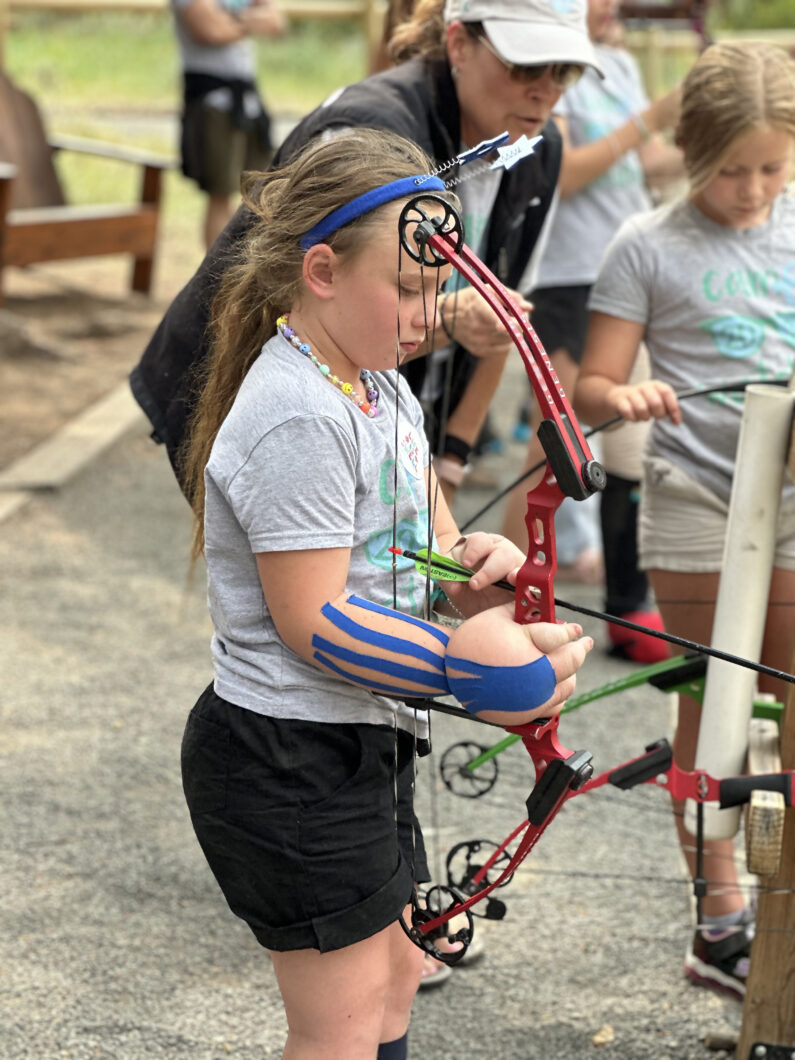
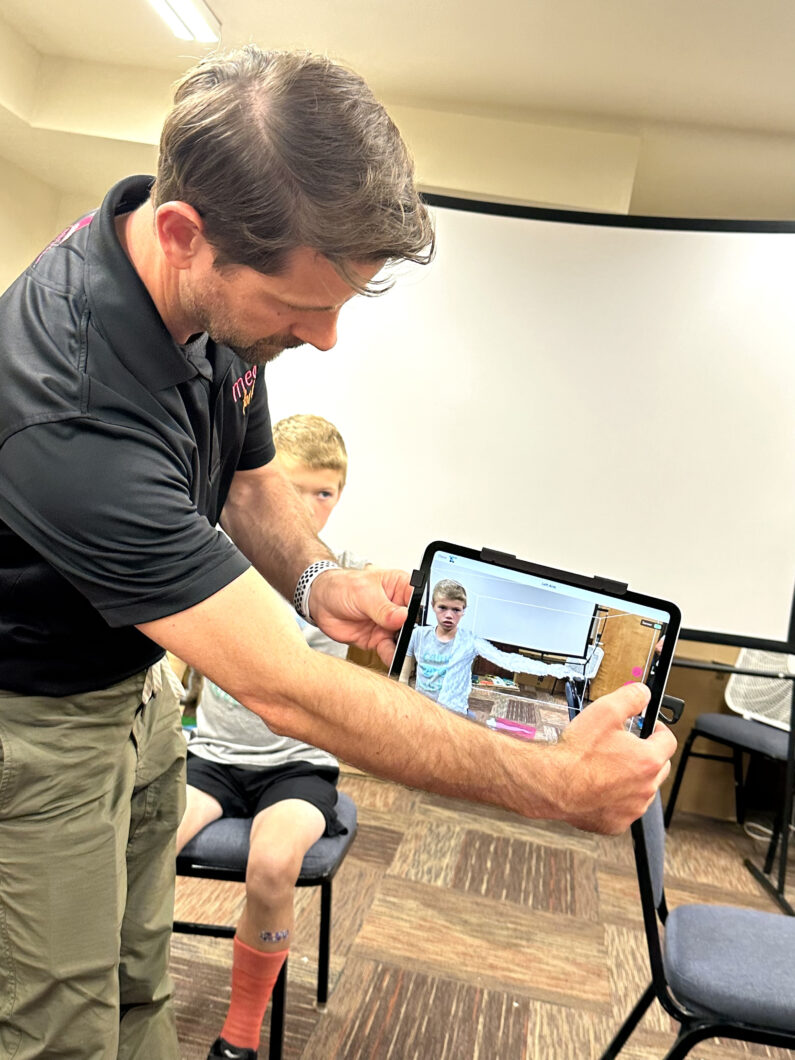
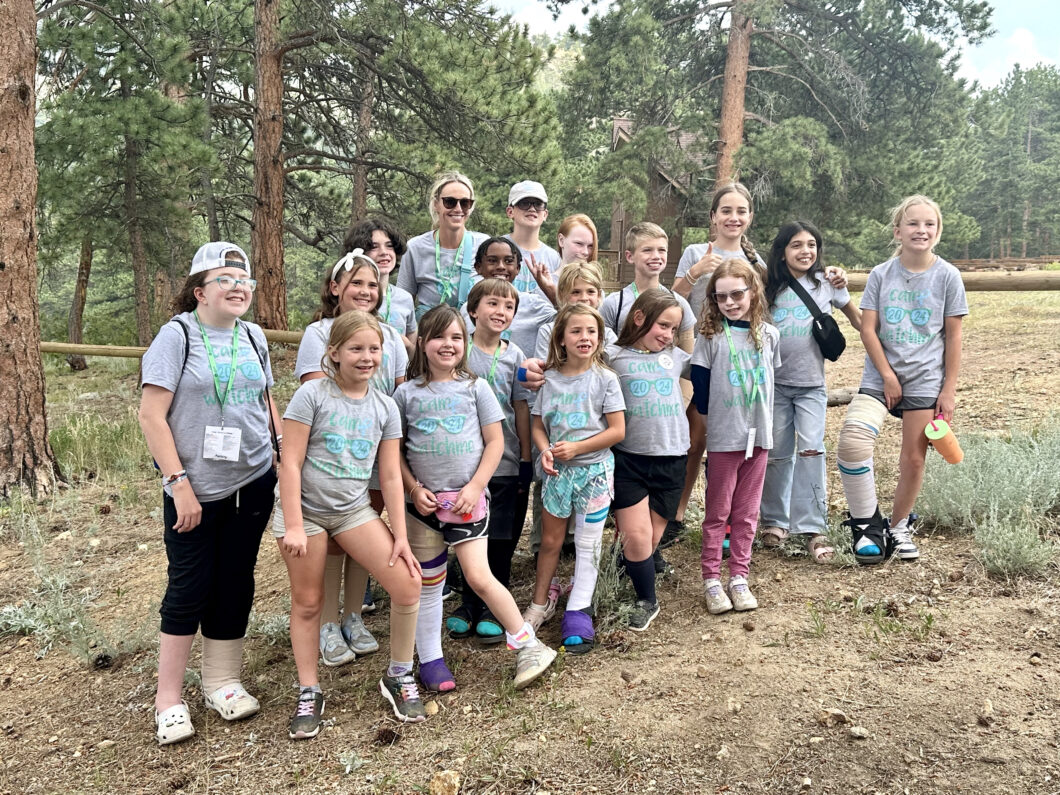
Heart and Sole Afrika (HASA) in Ruanda
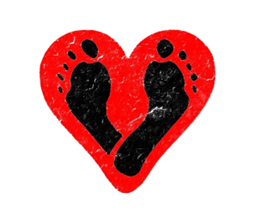
The non-profit organisation Heart and Sole Africa (HASA) has been active in Rwanda since 2009 in the fight against podoconiosis. At more than eleven locations across the country, it provides education in schools and hygiene kits to combat and prevent this chronic disease. Through collaboration with partner clinics, such as the St. Vincent Children’s and Family Centre in Musanze, a successful prevention and treatment programme for patients with podoconiosis has been developed.
Activities
medi for help has been working with Heart and Sole Africa (HASA) since 2022. The World Health Organisation (WHO) recommends a multi-stage approach to combating pododermatitis, consisting of preventive measures such as footwear and health education, foot care and hygiene, wound care and medical compression therapy in acute care. medi for help works together with HASA to implement this approach. For example, they visit schools together to provide preventive education. In addition to the measures already mentioned, the treatment of podoconiosis patients requires permanent compression of the lower extremities to promote lymph flow and reduce swelling. medi for help is setting up a comprehensive therapy management programme in Rwanda for this purpose. This includes hiring a compression manager with accompanying training and setting up a shoe workshop, including training technical specialists on site. This is because sustainable medical compression therapy can only be successfully carried out in the long term with the right footwear. Training and further education for local staff ensures that skills are promoted in a sustainable manner according to the principle of ‘helping people to help themselves’. In most cases, those affected are no longer able to continue their original work. HASA therefore also provides support in the form of goats and sheep to create a new source of income and strengthen the community in the long term, as those affected also struggle with social stigmatisation (see background information on pododermatitis).
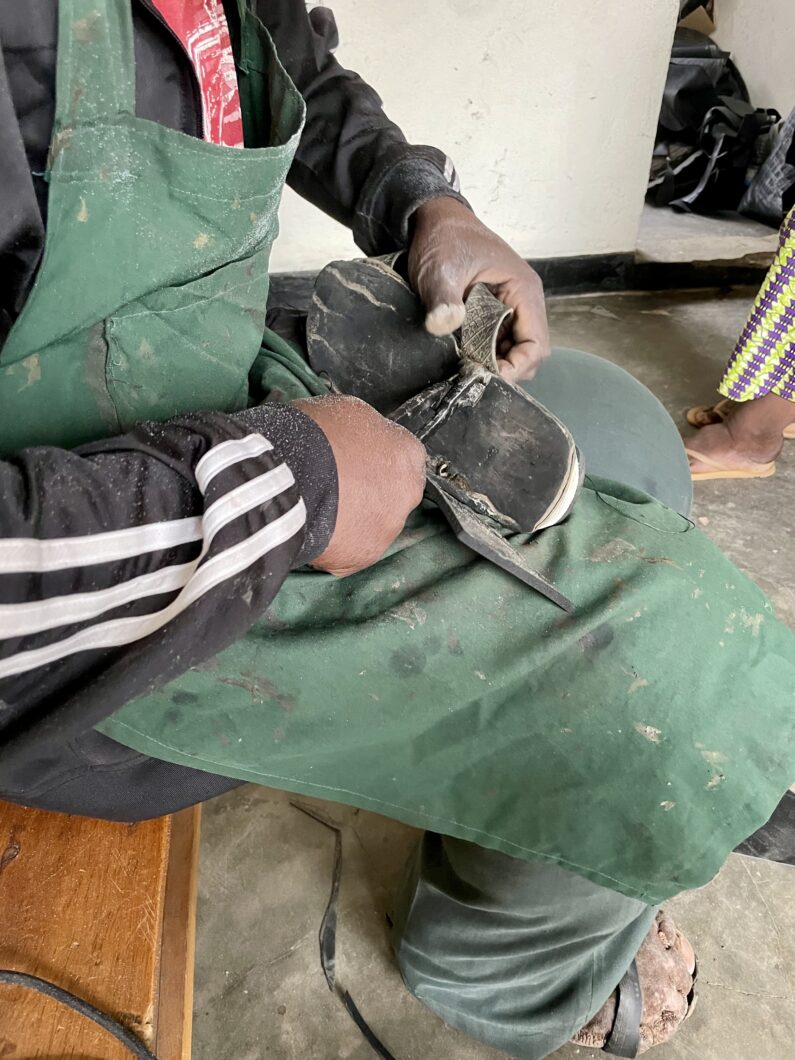
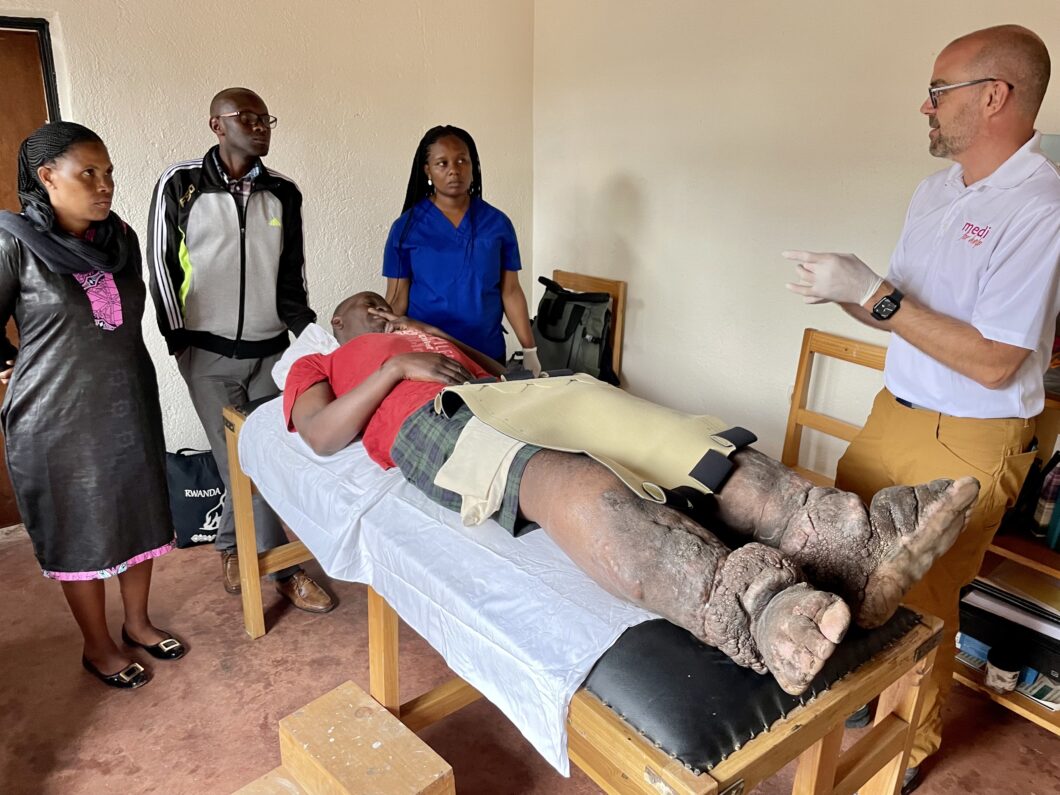
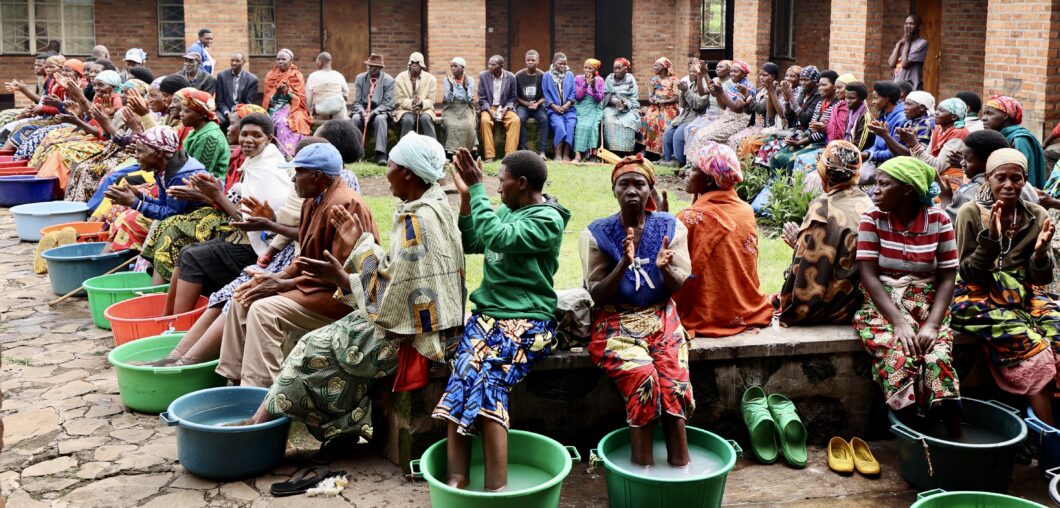
Background information on podoconiose
The chronic tropical disease podoconiose is also known as non-filarial lymphoedema. Symptoms of this non-contagious form of elephantiasis include bilateral swelling of the legs with asymmetrical characteristics, skin discolouration, nodule growth on the toes and feet, and extreme fatigue. Podoconiose is influenced by both environmental and genetic factors. People who walk barefoot on volcanic clay soil, for example in Rwanda, are particularly affected. This is because mineral particles from the volcanic clay soil trigger inflammatory reactions in the lymph vessels. As a result, those affected struggle with severe social stigmatisation and economic hardship, as they are no longer able to work. Read more information about podoconiose here.
Local initiatives
medi for help also supports disadvantaged people in its own region. To this end, we work together with local charitable initiatives that share our social values and vision. We are involved in selected projects, providing needs-based, individual support.
